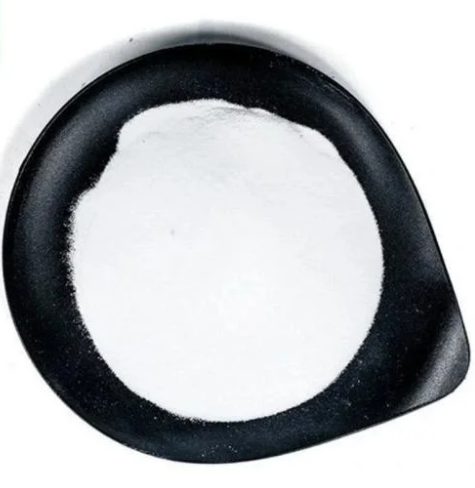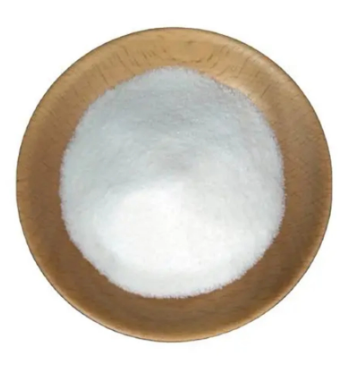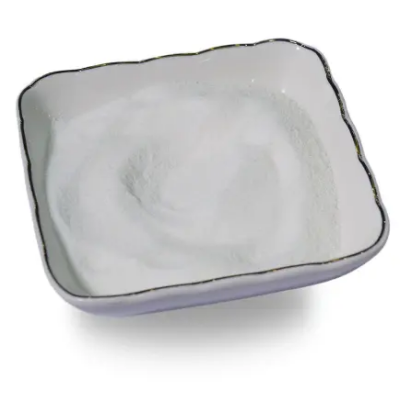Vinylene carbonate CAS:872-36-6
Vinylene carbonate (VC) is a small but significant cyclic carbonate that has garnered attention in both industrial applications and academic research. With the molecular formula C₃H₄O₃, VC features a unique structure that includes a vinyl group alongside a carbonate functional group. This dual functionality gives vinylene carbonate distinct reactivity, particularly useful in polymer chemistry and electrode material development. One of the most prominent applications of vinylene carbonate is as an additive in lithium-ion batteries. In this context, VC plays a critical role in forming a stable solid electrolyte interphase (SEI) on the surface of the anode during the initial charging cycles. The SEI layer is essential for battery operation, as it allows lithium ions to pass through while preventing further electrolyte decomposition. By incorporating VC into the electrolyte formulation, researchers have observed improved battery performance, including higher capacity retention and enhanced cycling stability over time. In addition to its role in battery technology, vinylene carbonate serves as a valuable precursor for the synthesis of polymers and copolymers. The reactivity of the vinyl group enables VC to participate in various polymerization processes, facilitating the production of materials with tailored properties such as flexibility, thermal resistance, and electrical conductivity. As a result, vinylene carbonate is explored in applications ranging from coatings and adhesives to advanced materials for electronics. Furthermore, the ability of vinylene carbonate to undergo nucleophilic substitution reactions expands its utility in organic synthesis. Researchers are investigating its potential to create new compounds with desirable functionalities, thereby contributing to diverse fields such as pharmaceuticals, agrochemicals, and materials engineering. Despite its promising applications, safety considerations must be taken into account when handling vinylene carbonate, as it may pose health risks if not managed properly. Overall, vinylene carbonate exemplifies the important intersection of organic chemistry and materials science, impacting technologies that shape modern energy storage solutions and synthetic methodologies.



| Composition | C3H2O3 |
| Assay | 99% |
| Appearance | white powder |
| CAS No. | 872-36-6 |
| Packing | Small and bulk |
| Shelf Life | 2 years |
| Storage | Store in cool and dry area |
| Certification | ISO. |




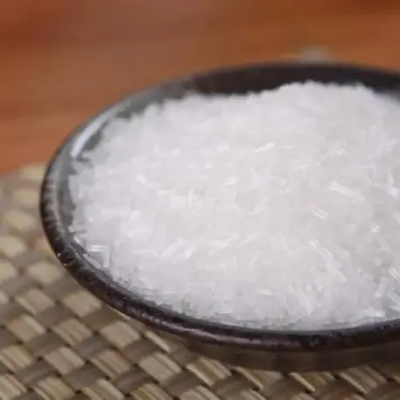
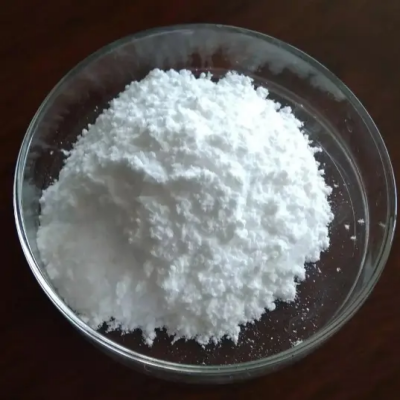
![1H-Pyrazolo[3,4-c]pyridin-5(6H)-one CAS:1049672-77-6](https://cdn.globalso.com/xindaobiotech/HSUS81DS80Y35NTEZTU185.png)
